‘You can’t say we progress quickly, but we progress well’

Johanna Gapany caused an upset when she became Switzerland’s youngest senator in 2019. But the 31-year-old doesn’t fall too far from the classic Radical-Liberal Party line.
Last November, by just 138 votes (from 76,441 cast), Gapany became the youngest tenant of Switzerland’s 46-seat Senate, as well as becoming canton Fribourg’s first female senator.
It was a surprise. The newspaper Le Temps, which published a glowing profileExternal link of Gapany in February 2019, had been less glowing about her “minimal” chances; in a region with a Christian Democrat tradition and a heavyweight Social Democrat candidate, it looked like “mission impossible”, the paper wrote.
Even Gapany herself, though she always took her campaign “very seriously”, was coy about her prospects, saying later that such doubts were “normal” given the context.
But it wasn’t impossible, even if it was tight, and four months later she is getting to grips with federal politics in Bern, where life is “busier” – she says she’s been struck by the amount of post she receives each day and the number of events she’s invited to – but not earth-shatteringly different.
“My experience in Fribourg was good preparation,” she says. Gapany has been involved in regional politics for over a decade – including as a member of the local government in the town of Bulle – and says that the mechanics of the new job are similar, despite the new level.
In fact, she says what has struck her most is the “respect” and “calm” that prevails in the Senate: everybody listens to each other, regardless of age or party background, and debates are always constructive. “It’s a very pleasant atmosphere in which to work,” she says.
Last October, Swiss citizens elected the most female parliament in the country’s history. Although parity has not yet been reached, women now account for 42% of members of the House of Representatives. To mark this shift, swissinfo.ch is presenting profiles of eight newly-elected parliamentarians from different parties.
The part and the whole
As for the title that comes with the job, Gapany is not getting ahead of herself. Politics is not a career, she says, and a title is not a goal – “it’s a means to do something”.
And despite her age – something she didn’t shy away from mentioning during her campaign – for Gapany this “something” that she wants to achieve is much more tightly bound up with classic liberal politics than with youth-orientated ideas of overhauling the system.
She says she sees politics, and especially society, largely through the framework of “live and let live”, with the key task of government being “to provide each citizen with the means of being independent and free in their choices”.
“When they have the room to act freely, humans do incredible things,” she says. But humans need a framework in which to act. This can be either wide and hands-off, or small and restrictive. She raises her arms out as far as they can go: “I’m for this one.”
This philosophy – the belief that the individual, and individual choice, is the central concern – is something that separates, for example, her centre-right Radical-Liberal Party from the more socially conservative and nationalist right-wing Swiss People’s Party.
It also separates Gapany from other high-profile young female deputies in Bern, who fight for equality – between sexes and classes – from a strongly leftist standpoint; for example, Social Democrat Tamara Funiciello or Green Senator Lisa Mazzone.
But it’s also clear that “you can be both a woman and right-wing”, as Gapany said in an interview in November, and that you can be both right-wing and committed to equality; she just wants to achieve equality in a different way, she says, by being less interventionist and by empowering the individual.
Concretely, this should mean re-sketching the traditional picture of a “family”, to include the various permutations (same-sex couples, single parents, etc.) that have emerged in recent years, she says. It could also mean moving towards taxation at the individual level, across the board – rather than special taxation regimes for married couples or families.
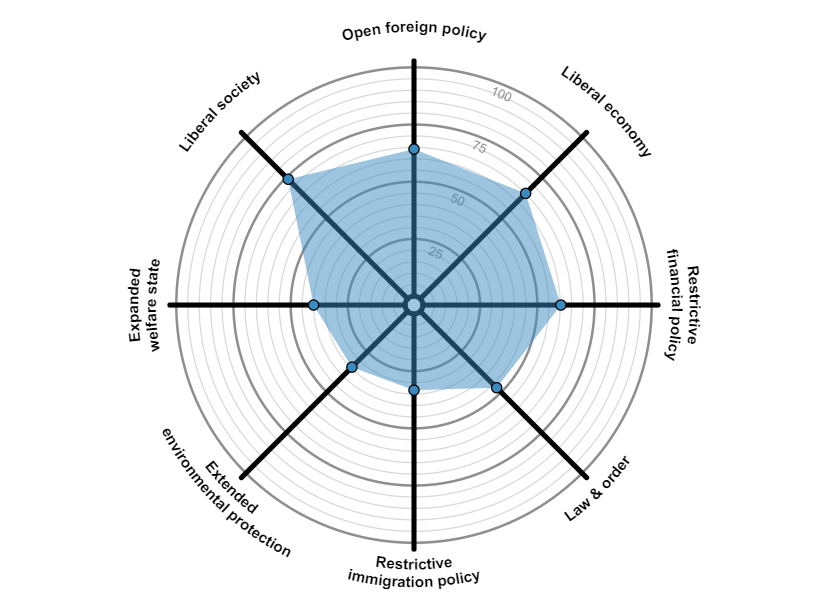
Slow progress
To an outsider, this liberal attitude could sound slightly at odds with the image of Switzerland as a rather staid, rather conservative and rather prudish country.
It could also sound slightly at odds with the direction of Swiss politics in recent years: the rise of the People’s Party, for example, or the “green wave”, both of which have meant that the Radical-Liberals – Switzerland’s oldest political party – have had to cede some room.
Gapany, who comes from a family tradition of Liberal politics, doesn’t have too many concerns about this. And when it comes to the general direction of Swiss society, she also offers her view of the “paradox” at the heart of the national character.
“On the one hand we are very careful, on the other hand we are very innovative,” she says. “We are lucky to live in a country where we have a certain level of wealth and comfort, built up over time; but we always have this fear of losing it.”
Does she think that the pendulum has swung too far towards fear and stability?
Again she makes the distinction between citizen and state. “On the individual level, I think we could be more daring,” she says. “Today, we maybe tend too much towards conformity.”
At the state level, however, the slow-moving stability at the heart of the system is vital, she says. It makes the country reliable, trustworthy and a good place to do business. And it actually leads to more progress in the long-term: the democratic system, which gives a voice to all interested groups, takes a while to move forward, but once it does, it doesn’t tend to go back – unlike in other countries with more volatile systems of government.
“You can’t say we progress quickly, but we do progress well,” she says.
Cantonal to the core
Although she now works in Bern, the beating heart of this Swiss federal system, Gapany clearly wants to keep herself anchored in her local community.
In fact, the words “Fribourg”, “Gruyères”, and “Bulle” frequently come up during our conversation, part of which takes place on the regional train heading west from Bern, Gapany’s now-regular commute.
“Senators are in Bern to represent their cantons,” she says in good, French-accented German – she’s been working on the language since becoming a senator – as we cross Switzerland’s virtual language barrier near Fribourg. The newspapers she reads are regional, she says; her extra-political appointmentsExternal link include a paid role as president of the Fribourg ski-lift association; and when it comes to choosing which events to attend (but really this could be applied to much of what she says) “Fribourg is the priority”.
Even socially, she says, despite the odd night spent in Bern when parliamentary committee work is particularly intense, her main enjoyments remain hiking and skiing in the hills around Gruyères.
But when it comes to the issues that she wants to focus on over the next few years in the Senate, she doesn’t stray too far from the big themes that worry people across the entire country: “stabilising” health insurance costs and making sure the pension system remains viable for coming generations – including her own.

In compliance with the JTI standards
More: SWI swissinfo.ch certified by the Journalism Trust Initiative

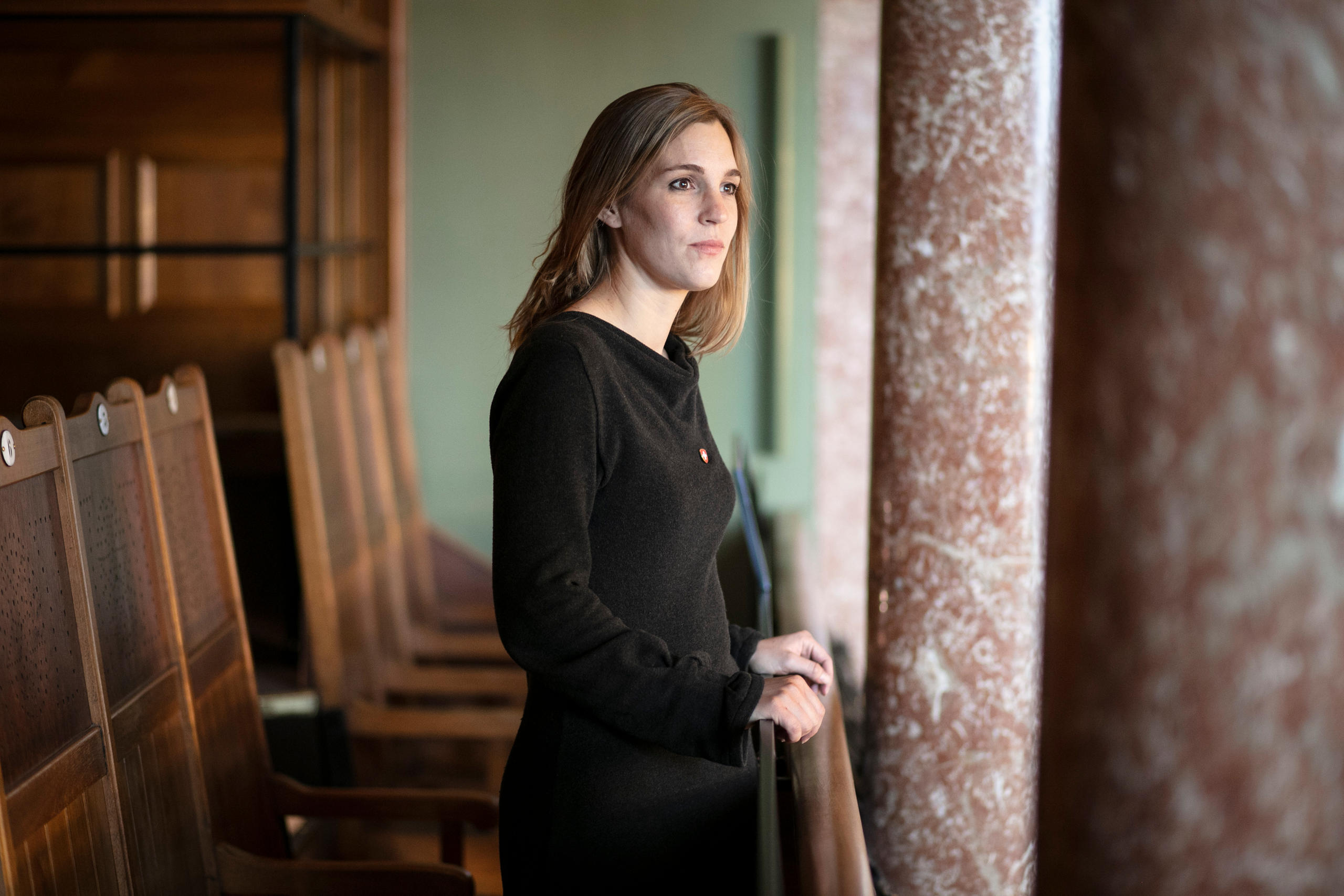
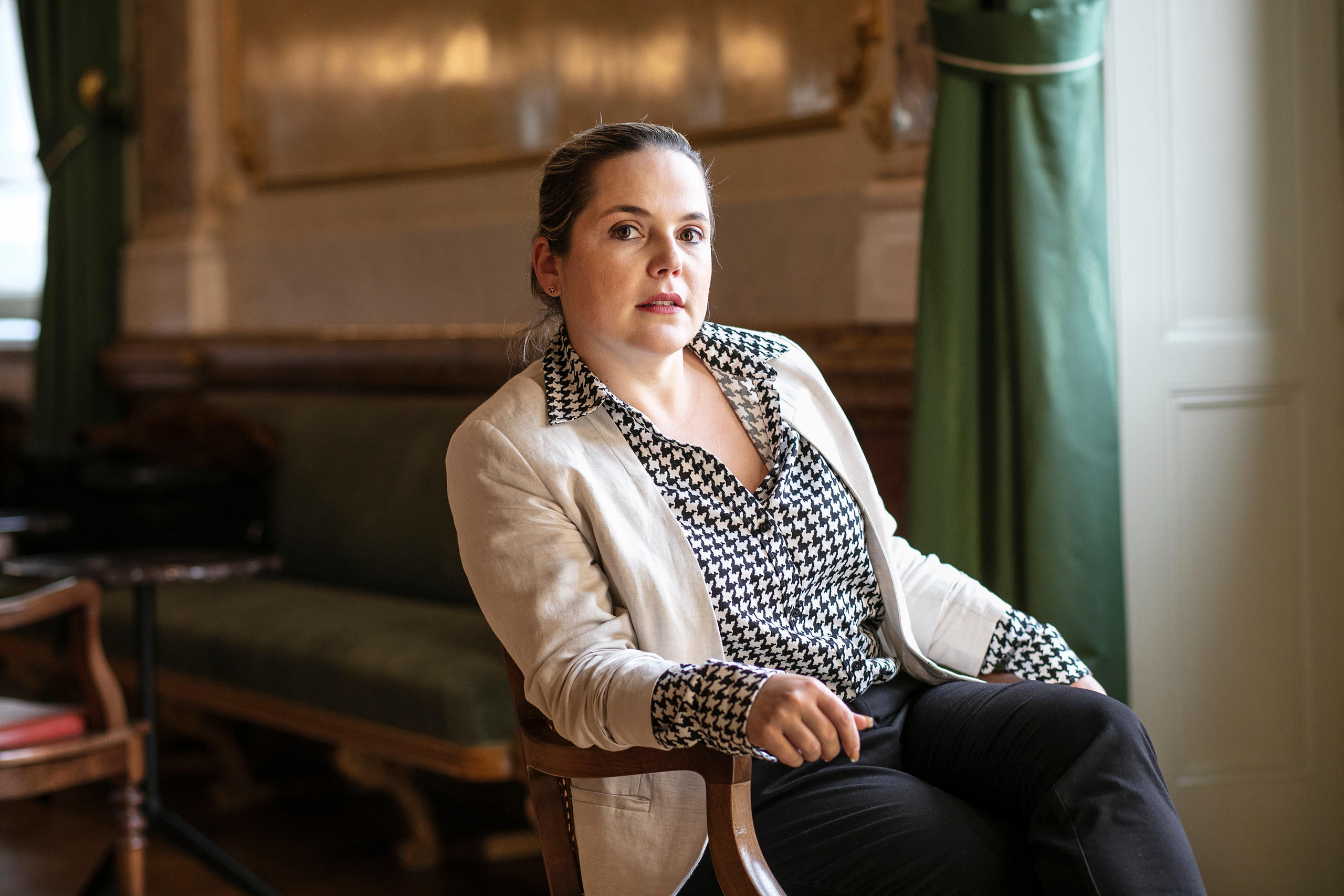
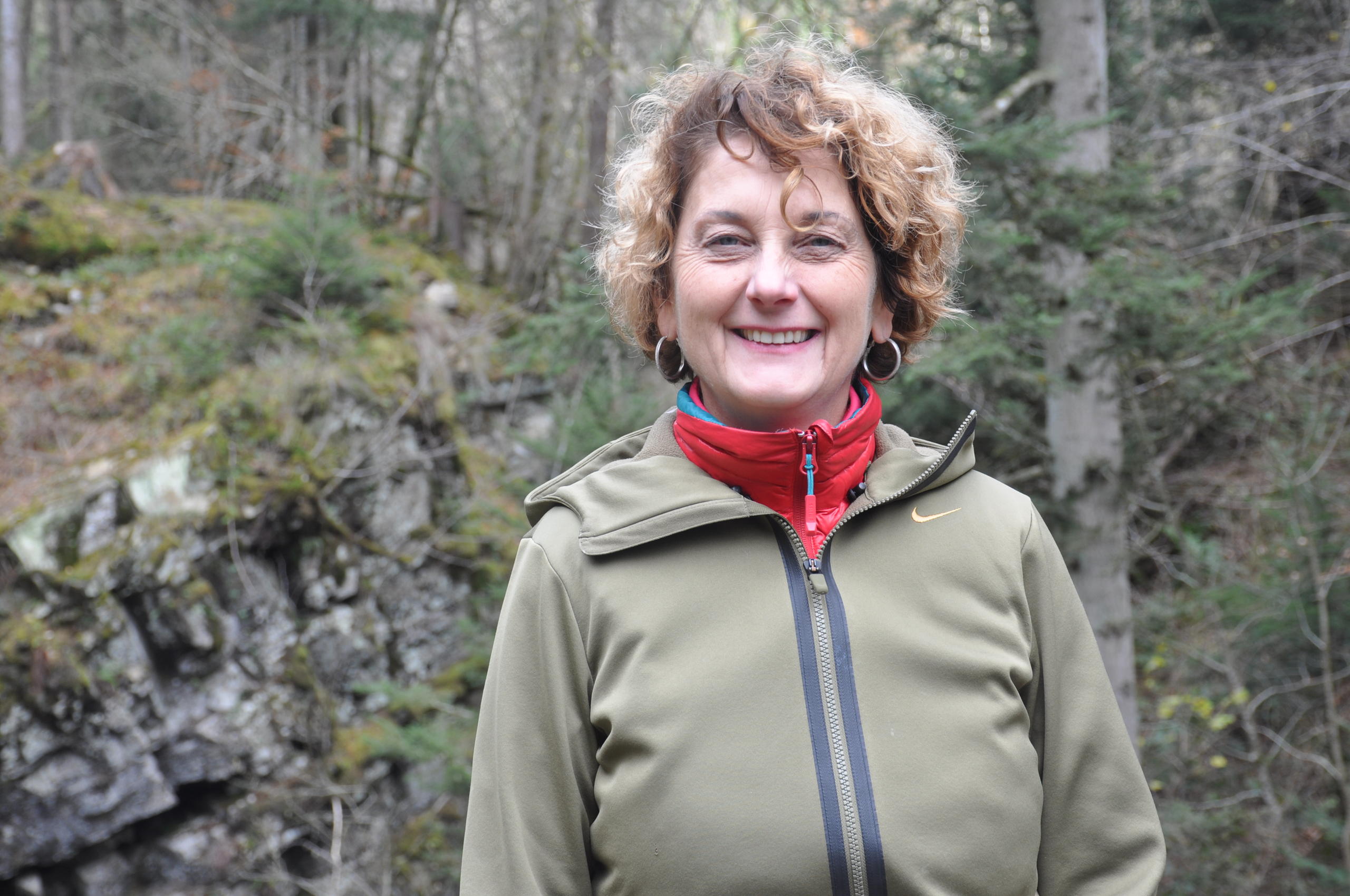
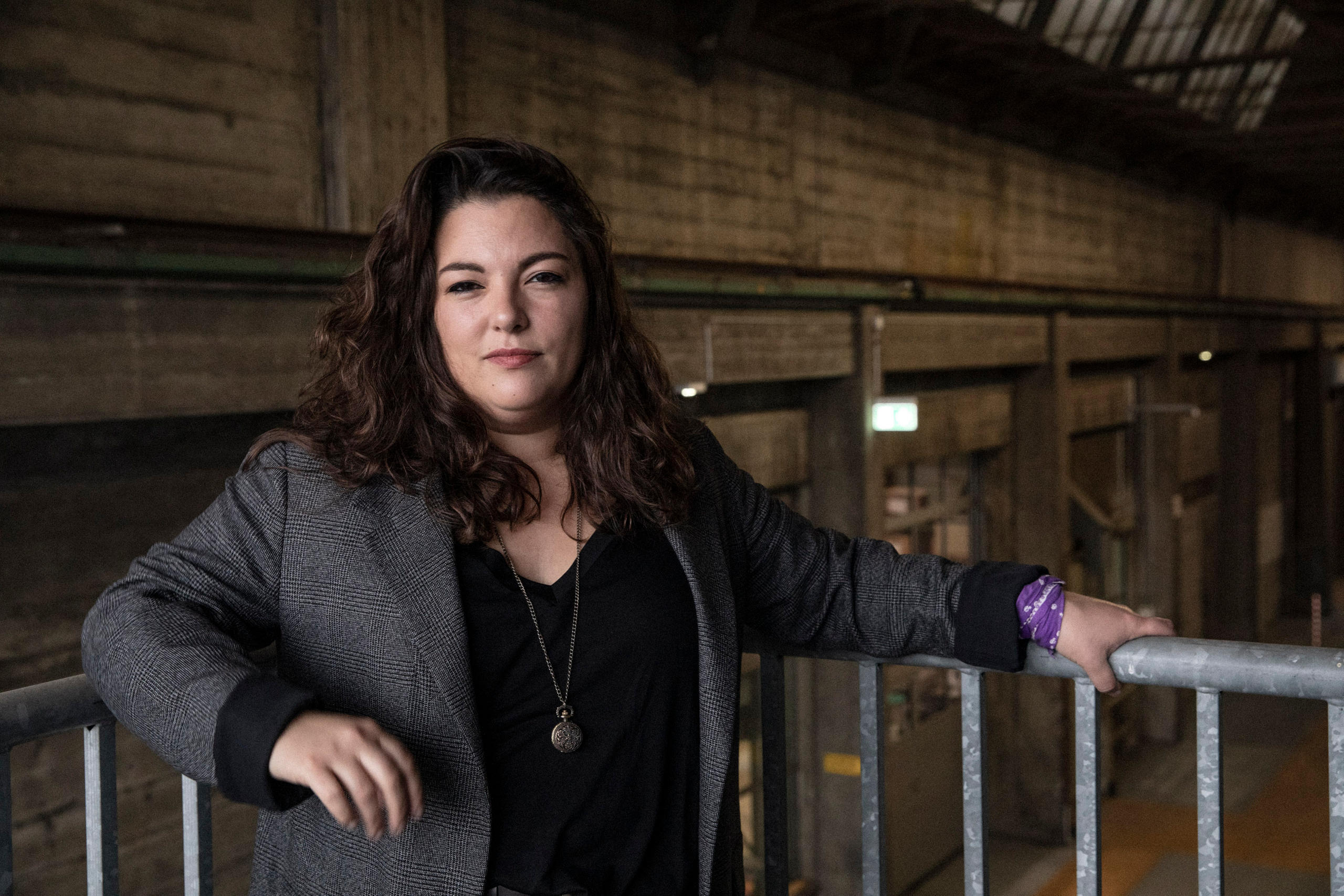
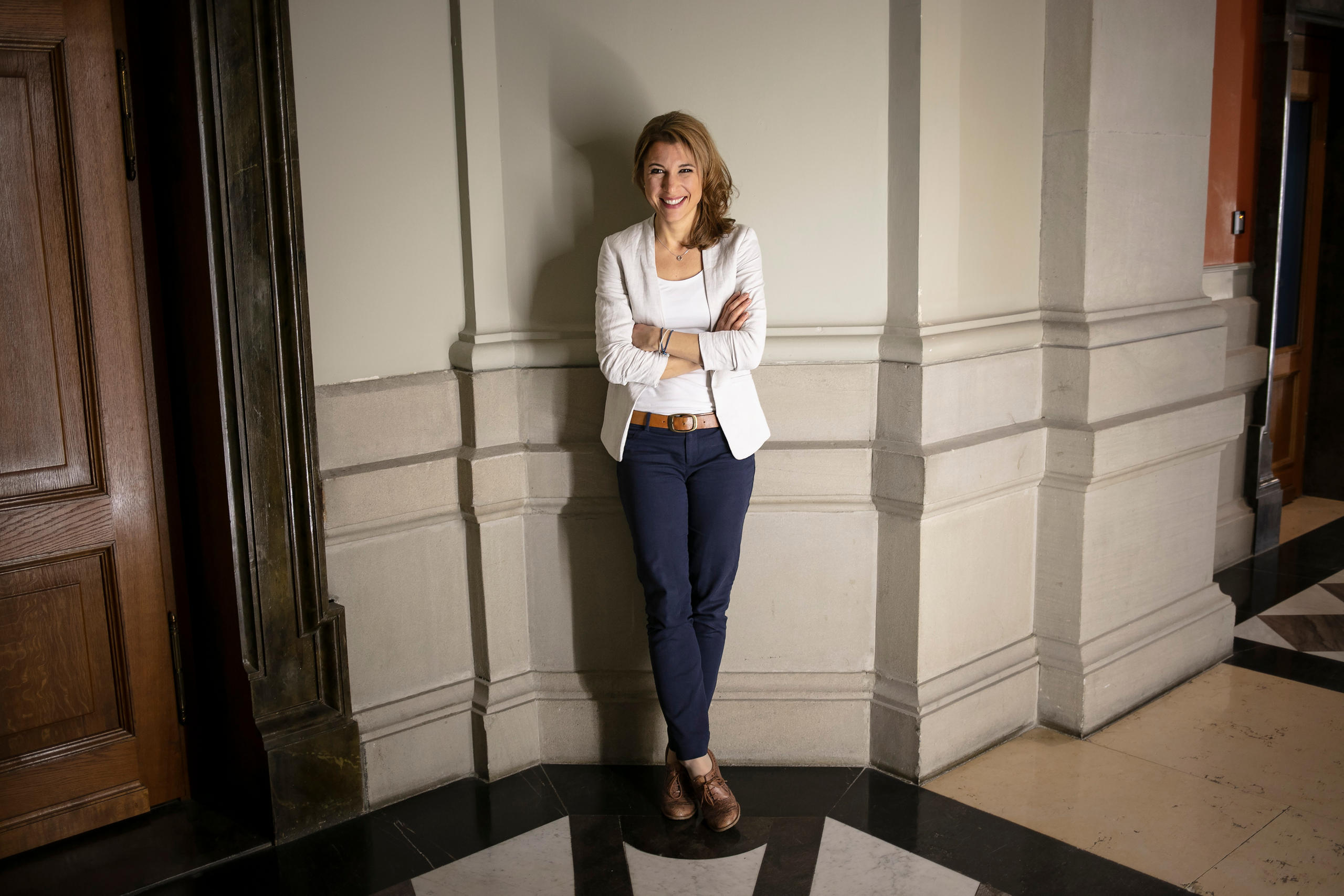
You can find an overview of ongoing debates with our journalists here. Please join us!
If you want to start a conversation about a topic raised in this article or want to report factual errors, email us at english@swissinfo.ch.